Here are the best ways to stop a cold so you can avoid sick days and get healthy again.
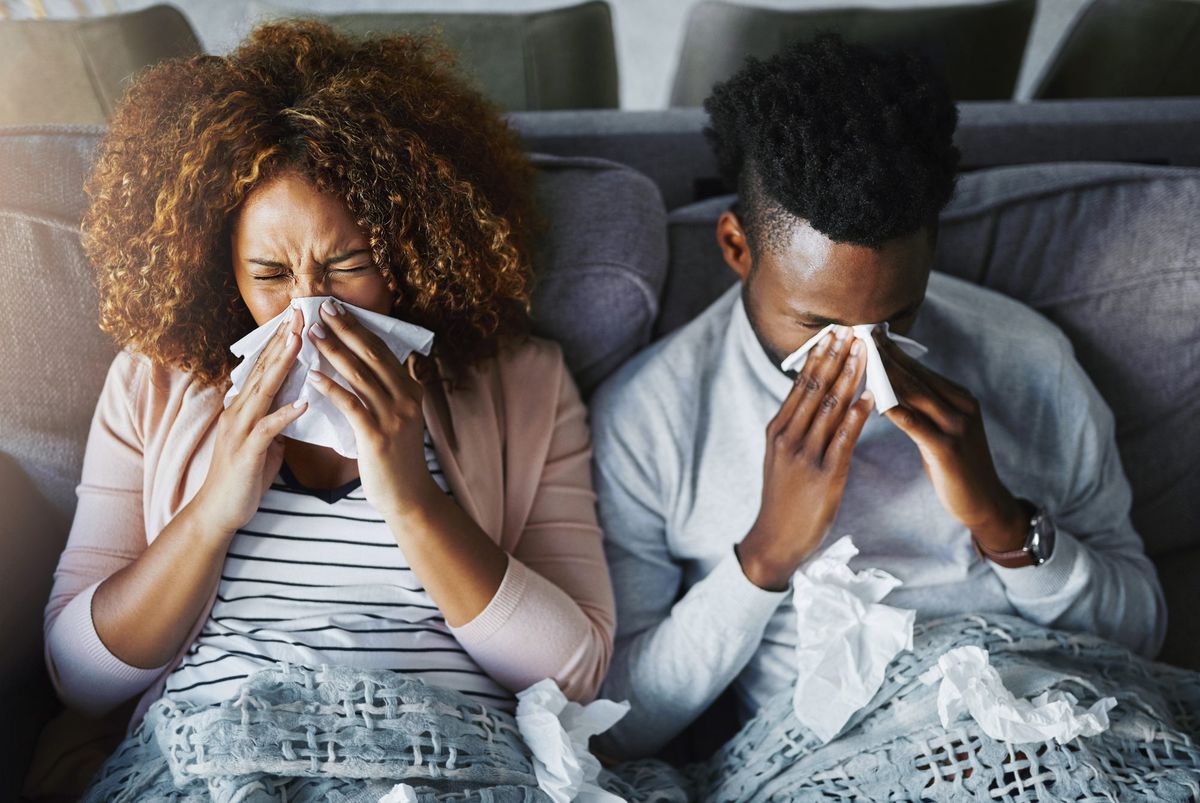



















































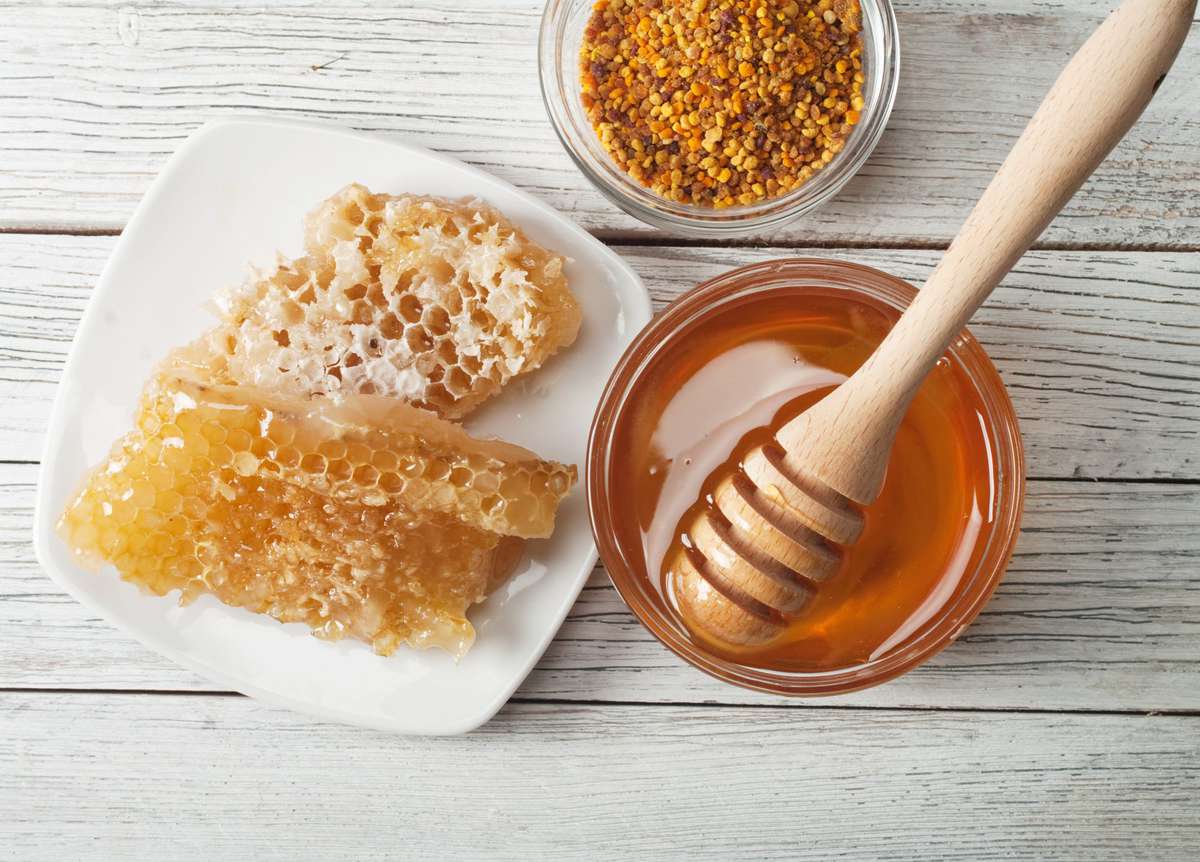





































































































What is mucus anyway?
Mucus is a slippery liquid containing water, proteins, and salt. Sugar-containing proteins (or glycoproteins) called mucins give mucus its gelatinous consistency. Discarded infection-fighting white blood cells plus other debris picked up in the nasal passageways often catch a ride in the mucus too.
Boogers are just dried up mucus (and other particles, like dirt, dust, and pollen). Post-nasal drip is mucus that runs down the back of the throat.
Where does mucus come from?
Your body is a mucus-making machine. Special cells and glands found in the thin lining (called the mucosa or mucous membrane) of body cavities and passageways leading out of the body regularly produce the slippery stuff.
You probably already know that mucus-secreting tissue can be found in the nose, mouth, throat, and lungs. But it’s also in our eyes, ears, GI tract, and reproductive and urinary organs.
Why do we make mucus?
Think of mucus in the respiratory system as “a film that protects the important parts of the inner nose and lungs,” says allergist and internist Tania Elliott, MD, chief medical officer at EHE, a New York City-based healthcare company specializing in preventive medicine. It keeps nasal passages (and lungs) well moisturized. “We don’t want those things dried out!” she says.
When a cold virus enters your nose, mucus production goes into overdrive, Dr. Welch explains. “It’s a reaction of the body against viruses, bacteria, or even particles of dust,” he says. It prevents those irritants from burrowing deeper into the lungs. Then, the tiny hairs in the respiratory tract called cilia help to sweep up the infected mucus like little brooms, says Dr. Elliott, so we can cough or blow it out.
Why does mucus get thicker when we're sick?

Sometimes mucus gets thicker when we’re fighting off an infection. But it can also be thin and runny. It all depends on the type of virus or irritant activating the body’s mucus-producing tissues, explains Chandra Ivey, MD, a private-practice laryngologist and assistant clinical professor at the Icahn School of Medicine at Mount Sinai in New York City.
Smokers, for example, tend to have more mucus and thicker mucus, she says. In the case of a cold, a thicker wall of mucus can serve as a barrier preventing other viruses, bacteria, or irritating particles from entering the nasal membranes, she says.
Mucus can also get thicker if you’re taking certain medications that dehydrate your body, she adds. That’s another good reason to get extra liquids when you’re sick.
Why does mucus make it hard to breathe

00:00
02:06
You might like
×

People With Asthma Have a Higher Risk of Coronavirus Complications—Here's What to Know

5 Anxiety-Reducing Resources for People With Invisible Illnesses to Use During the COVID-19 Pandemic

Elective Surgery Is Being Postponed Because of Coronavirus—Here's Why, According to Experts

5 Preexisting Conditions That Can Make It Harder to Fight Coronavirus
ARDS is a Common Cause of Death in Critically Ill Coronavirus Patients—Here's Why
Kelly Ripa's Definition of Health Goes Beyond Just Her Looks: "Healthy Mind, Healthy Body, Healthy Spirit"
5 Unexpected Places That Might Still Have Your Favorite Cleaning Products in Stock
What Does a Ventilator Do, and How Does It Help People With Coronavirus?
This Malaria Drug Could Be a 'Game-Changer' in the Fight Against Coronavirus—Here's What Health Officials Say
What Is Hantavirus? An Infectious Disease Expert Explains
Immunosuppressants and Coronavirus: What to Know, and When You Should Talk to Your Doctor
How to Make Sure Social Distancing and Self-Isolation Don't Hurt Your Mental Health
The 3 Most Common Types of Acne, and How to Treat Each
10 Virtual Therapy and Mental Health Apps to Cope With Coronavirus Stress
How to Cope With Coronavirus Anxiety When We Don’t Know What Will Happen Next
The 11 Best Yoga Mats for Every Type of Yogi
What is a Dry Cough? Experts Explain the Coronavirus Symptom
The Best Healthy Home Products of 2020
What OBGYNs Want You to Know If You’re Pregnant During the COVID-19 Outbreak
Are Coronavirus Symptoms Different in Children? Here's What to Know
Lost Sense of Smell May Be a Symptom of Coronavirus, According to Experts
How Long Does the Coronavirus Live on Clothes—and Will Laundry Detergent Kill the Virus?
6 Over-the-Counter Medicines to Treat Mild Coronavirus Symptoms, According to Medical Experts
The 15 Must-Have Pieces of Fitness Equipment for Home Workouts
The Best Humidifiers for Every Room in Your Home, According to Reviewers
Is Diarrhea a Symptom of COVID-19? New Study Says Digestive Issues May Be Common With Coronavirus
What Does Shortness of Breath Feel Like? Doctors Explain This Coronavirus Symptom
Meal Prep Delivery Services That'll Help You Skip the Grocery Store
How a PCOS Diagnosis Led Two Friends to Create Toxin-Free Cleaning Products
What Is 'Herd Immunity' and How Can That Stop the Coronavirus?
7 Health Benefits of Garlic, According to a Nutritionist
Here’s What Experts Want You to Know About Living With Chronic Pain
Can the Coronavirus Spread Through Mail? What to Know About Online Packages and COVID-19 Risk
How to Make More Sustainable Food Choices
This Woman Led a Zumba Class for Her Neighborhood From Her Porch While Social Distancing
Allergies Vs. Coronavirus: Here's How to Tell the Difference
We're All Doing At-Home Workouts Now—Here's How Not to Get Injured
DIY Hand Sanitizer Recipes Have Taken Over the Internet—But Are They Even Safe?
How to Self-Isolate in a Shared House if You or Someone You Live With Has Coronavirus
If You're Immunocompromised, You Are at a Higher Risk of Coronavirus—Here's What That Means
What to Know About At-Home COVID-19 Tests After FDA Warns Against Them
How to Prevent Overeating When You're Working From Home
Viral TikTok Video Gives a Firsthand Look at One Woman’s Emotional Experience With Coronavirus Testing
5 Health Benefits of Having a Pet
This Video of a Man Serenading His Mother Outside Her Nursing Home Is the Positivity We Need Right Now
What Is the Military Diet, and Can It Help You Lose Weight?
Drive-Through Coronavirus Testing: How It Works and Which States Offer It
Is Pink Eye a Symptom of Coronavirus? Eye Doctors Say Conjunctivitis Could Be Rare Early Sign
Dyson’s Hair Straightener Causes 50% Less Heat Damage, and I’m Obsessed
Here's What Delusional Disorder Is, According to a Psychiatrist
Stuffy nose? It’s usually the swollen mucosa–the mucus-generating tissue that lines your nose–that’s blocking your nasal passageways, not the mucus itself, Dr. Ivey says.
Other times, mucus can get thick like sludge, blocking the sinus cavities and preventing proper drainage, adds Dr. Elliott. “This leads to increased pain and pressure.”
9 Gross Questions You've Always Wanted to Ask About Mucus
By Karen Pallarito
November 15, 2017

GETTY IMAGES
Where does all that snot even come from?
Mucus must-knows

00:06
01:23
You might like
×

How to Self-Isolate in a Shared House if You or Someone You Live With Has Coronavirus

What Is 'Herd Immunity' and How Can That Stop the Coronavirus?

Coronavirus Symptoms vs Cold: How Do They Compare?

How to Make More Sustainable Food Choices
People With Asthma Have a Higher Risk of Coronavirus Complications—Here's What to Know
4 Tips for Not Touching Your Face, Since It's So Hard to Stop
14 Foods to Eat When You Have a Cold
What Does a Ventilator Do, and How Does It Help People With Coronavirus?
What Exactly Is a Vasectomy? Here's What You Need to Know
How to Cope With Coronavirus Anxiety When We Don’t Know What Will Happen Next
The 3 Most Common Types of Acne, and How to Treat Each
We're All Doing At-Home Workouts Now—Here's How Not to Get Injured
How to Prevent Overeating When You're Working From Home
Your Phone Is Covered With Germs—Here's How to Disinfect It
Here’s What You Can Do to Protect High-Risk Family Members During the COVID-19 Outbreak
Doctors Are Pleading for People to Donate PPE Gear—Here's How You Can Help
Allergies Vs. Coronavirus: Here's How to Tell the Difference
Lost Sense of Smell May Be a Symptom of Coronavirus, According to Experts
The Best Humidifiers for Every Room in Your Home, According to Reviewers
The 8 Best Resistance Bands to Get a Full-Body Workout At Home
This Woman Led a Zumba Class for Her Neighborhood From Her Porch While Social Distancing
5 Unexpected Places That Might Still Have Your Favorite Cleaning Products in Stock
Are Coronavirus Symptoms Different in Children? Here's What to Know
How Long Does the Coronavirus Live on Clothes—and Will Laundry Detergent Kill the Virus?
Should You Stop Going to the Gym Because of Coronavirus?
Is Pink Eye a Symptom of Coronavirus? Eye Doctors Say Conjunctivitis Could Be Rare Early Sign
5 Anxiety-Reducing Resources for People With Invisible Illnesses to Use During the COVID-19 Pandemic
ARDS is a Common Cause of Death in Critically Ill Coronavirus Patients—Here's Why
What is a Dry Cough? Experts Explain the Coronavirus Symptom
Elective Surgery Is Being Postponed Because of Coronavirus—Here's Why, According to Experts
6 Over-the-Counter Medicines to Treat Mild Coronavirus Symptoms, According to Medical Experts
Viral TikTok Video Gives a Firsthand Look at One Woman’s Emotional Experience With Coronavirus Testing
Here's Exactly How to Wash Your Hands, According to the CDC
Starbucks New Spring Drinks 2020: How Healthy Are They?
This Malaria Drug Could Be a 'Game-Changer' in the Fight Against Coronavirus—Here's What Health Officials Say
How to Make Sure Social Distancing and Self-Isolation Don't Hurt Your Mental Health
What to Know About At-Home COVID-19 Tests After FDA Warns Against Them
How a PCOS Diagnosis Led Two Friends to Create Toxin-Free Cleaning Products
Is Diarrhea a Symptom of COVID-19? New Study Says Digestive Issues May Be Common With Coronavirus
Things to Do at Home While Social Distancing to Keep Your Sanity
Immunosuppressants and Coronavirus: What to Know, and When You Should Talk to Your Doctor
What OBGYNs Want You to Know If You’re Pregnant During the COVID-19 Outbreak
How Much Sleep You Need, According to Experts
The 11 Best Yoga Mats for Every Type of Yogi
Meal Prep Delivery Services That'll Help You Skip the Grocery Store
What Is Hantavirus? An Infectious Disease Expert Explains
Drive-Through Coronavirus Testing: How It Works and Which States Offer It
Here's What Delusional Disorder Is, According to a Psychiatrist
The 15 Must-Have Pieces of Fitness Equipment for Home Workouts
Here are the best ways to stop a cold so you can avoid sick days and get healthy again.
ADVERTISEMENT
What is mucus anyway?
Mucus is a slippery liquid containing water, proteins, and salt. Sugar-containing proteins (or glycoproteins) called mucins give mucus its gelatinous consistency. Discarded infection-fighting white blood cells plus other debris picked up in the nasal passageways often catch a ride in the mucus too.
Boogers are just dried up mucus (and other particles, like dirt, dust, and pollen). Post-nasal drip is mucus that runs down the back of the throat.
Where does mucus come from?
Your body is a mucus-making machine. Special cells and glands found in the thin lining (called the mucosa or mucous membrane) of body cavities and passageways leading out of the body regularly produce the slippery stuff.
You probably already know that mucus-secreting tissue can be found in the nose, mouth, throat, and lungs. But it’s also in our eyes, ears, GI tract, and reproductive and urinary organs.
ADVERTISEMENT
Why do we make mucus?
Think of mucus in the respiratory system as “a film that protects the important parts of the inner nose and lungs,” says allergist and internist Tania Elliott, MD, chief medical officer at EHE, a New York City-based healthcare company specializing in preventive medicine. It keeps nasal passages (and lungs) well moisturized. “We don’t want those things dried out!” she says.
When a cold virus enters your nose, mucus production goes into overdrive, Dr. Welch explains. “It’s a reaction of the body against viruses, bacteria, or even particles of dust,” he says. It prevents those irritants from burrowing deeper into the lungs. Then, the tiny hairs in the respiratory tract called cilia help to sweep up the infected mucus like little brooms, says Dr. Elliott, so we can cough or blow it out.
Why does mucus get thicker when we're sick?
Sometimes mucus gets thicker when we’re fighting off an infection. But it can also be thin and runny. It all depends on the type of virus or irritant activating the body’s mucus-producing tissues, explains Chandra Ivey, MD, a private-practice laryngologist and assistant clinical professor at the Icahn School of Medicine at Mount Sinai in New York City.
Smokers, for example, tend to have more mucus and thicker mucus, she says. In the case of a cold, a thicker wall of mucus can serve as a barrier preventing other viruses, bacteria, or irritating particles from entering the nasal membranes, she says.
Mucus can also get thicker if you’re taking certain medications that dehydrate your body, she adds. That’s another good reason to get extra liquids when you’re sick.
Why does mucus make it hard to breathe?

00:00
02:06
You might like
×

People With Asthma Have a Higher Risk of Coronavirus Complications—Here's What to Know

5 Anxiety-Reducing Resources for People With Invisible Illnesses to Use During the COVID-19 Pandemic

Elective Surgery Is Being Postponed Because of Coronavirus—Here's Why, According to Experts

5 Preexisting Conditions That Can Make It Harder to Fight Coronavirus
ARDS is a Common Cause of Death in Critically Ill Coronavirus Patients—Here's Why
Kelly Ripa's Definition of Health Goes Beyond Just Her Looks: "Healthy Mind, Healthy Body, Healthy Spirit"
5 Unexpected Places That Might Still Have Your Favorite Cleaning Products in Stock
What Does a Ventilator Do, and How Does It Help People With Coronavirus?
This Malaria Drug Could Be a 'Game-Changer' in the Fight Against Coronavirus—Here's What Health Officials Say
What Is Hantavirus? An Infectious Disease Expert Explains
Immunosuppressants and Coronavirus: What to Know, and When You Should Talk to Your Doctor
How to Make Sure Social Distancing and Self-Isolation Don't Hurt Your Mental Health
The 3 Most Common Types of Acne, and How to Treat Each
10 Virtual Therapy and Mental Health Apps to Cope With Coronavirus Stress
How to Cope With Coronavirus Anxiety When We Don’t Know What Will Happen Next
The 11 Best Yoga Mats for Every Type of Yogi
What is a Dry Cough? Experts Explain the Coronavirus Symptom
The Best Healthy Home Products of 2020
What OBGYNs Want You to Know If You’re Pregnant During the COVID-19 Outbreak
Are Coronavirus Symptoms Different in Children? Here's What to Know
Lost Sense of Smell May Be a Symptom of Coronavirus, According to Experts
How Long Does the Coronavirus Live on Clothes—and Will Laundry Detergent Kill the Virus?
6 Over-the-Counter Medicines to Treat Mild Coronavirus Symptoms, According to Medical Experts
The 15 Must-Have Pieces of Fitness Equipment for Home Workouts
The Best Humidifiers for Every Room in Your Home, According to Reviewers
Is Diarrhea a Symptom of COVID-19? New Study Says Digestive Issues May Be Common With Coronavirus
What Does Shortness of Breath Feel Like? Doctors Explain This Coronavirus Symptom
Meal Prep Delivery Services That'll Help You Skip the Grocery Store
How a PCOS Diagnosis Led Two Friends to Create Toxin-Free Cleaning Products
What Is 'Herd Immunity' and How Can That Stop the Coronavirus?
7 Health Benefits of Garlic, According to a Nutritionist
Here’s What Experts Want You to Know About Living With Chronic Pain
Can the Coronavirus Spread Through Mail? What to Know About Online Packages and COVID-19 Risk
How to Make More Sustainable Food Choices
This Woman Led a Zumba Class for Her Neighborhood From Her Porch While Social Distancing
Allergies Vs. Coronavirus: Here's How to Tell the Difference
We're All Doing At-Home Workouts Now—Here's How Not to Get Injured
DIY Hand Sanitizer Recipes Have Taken Over the Internet—But Are They Even Safe?
How to Self-Isolate in a Shared House if You or Someone You Live With Has Coronavirus
If You're Immunocompromised, You Are at a Higher Risk of Coronavirus—Here's What That Means
What to Know About At-Home COVID-19 Tests After FDA Warns Against Them
How to Prevent Overeating When You're Working From Home
Viral TikTok Video Gives a Firsthand Look at One Woman’s Emotional Experience With Coronavirus Testing
5 Health Benefits of Having a Pet
This Video of a Man Serenading His Mother Outside Her Nursing Home Is the Positivity We Need Right Now
What Is the Military Diet, and Can It Help You Lose Weight?
Drive-Through Coronavirus Testing: How It Works and Which States Offer It
Is Pink Eye a Symptom of Coronavirus? Eye Doctors Say Conjunctivitis Could Be Rare Early Sign
Dyson’s Hair Straightener Causes 50% Less Heat Damage, and I’m Obsessed
Here's What Delusional Disorder Is, According to a Psychiatrist
Stuffy nose? It’s usually the swollen mucosa–the mucus-generating tissue that lines your nose–that’s blocking your nasal passageways, not the mucus itself, Dr. Ivey says.
Other times, mucus can get thick like sludge, blocking the sinus cavities and preventing proper drainage, adds Dr. Elliott. “This leads to increased pain and pressure.”
What does a change in color mean?
Mucus is generally clear. If your not to have a cold, it can turn white or even yellow (especially if you’re dehydrated). A greenish hue may signal the presence of a greater number of infection-fighting white blood cells. But doctors say color alone isn’t a great indicator of a bacterial infection.
“It can turn yellow or green even with a virus,” notes Dr. Welch, who cautions against rushing to your doctor and begging for antibiotics. The vast majority of colds are viral, not bacterial. Antibiotics don’t fight viruses, and their misuse can lead to the development of new strains of bacteria that resist these medicines, he says.
A cold generally runs its course in a week, more or less. If you spike a fever, develop a cough, or have other signs that your condition is worsening, that’s when it’s time to call your doctor.
Do antihistamines or decongestants actually help?
These medicines are available over the counter in the form of pills, liquids, and nasal sprays. And while they may help ease cold symptoms, using them too often can make them less effective over time.
Antihistamines block inflammation, so there’s less tissue swelling and, in theory, less mucus production, Dr. Ivey says. Decongestants improve your breathing by constricting blood vessels in the area.
Mom was right: You should feed your cold with plenty of liquids. Staying well hydrated can help thin out mucus so that it’s easier to expel.
But a lot of cough and cold medicines can be very drying, Dr. Elliott says. What’s more, when you’re sick and don’t feel like eating, your water intake naturally decreases. If you have a fever, you’re also losing fluid by sweating. Replenishing fluids is key, she says, to feeling better.
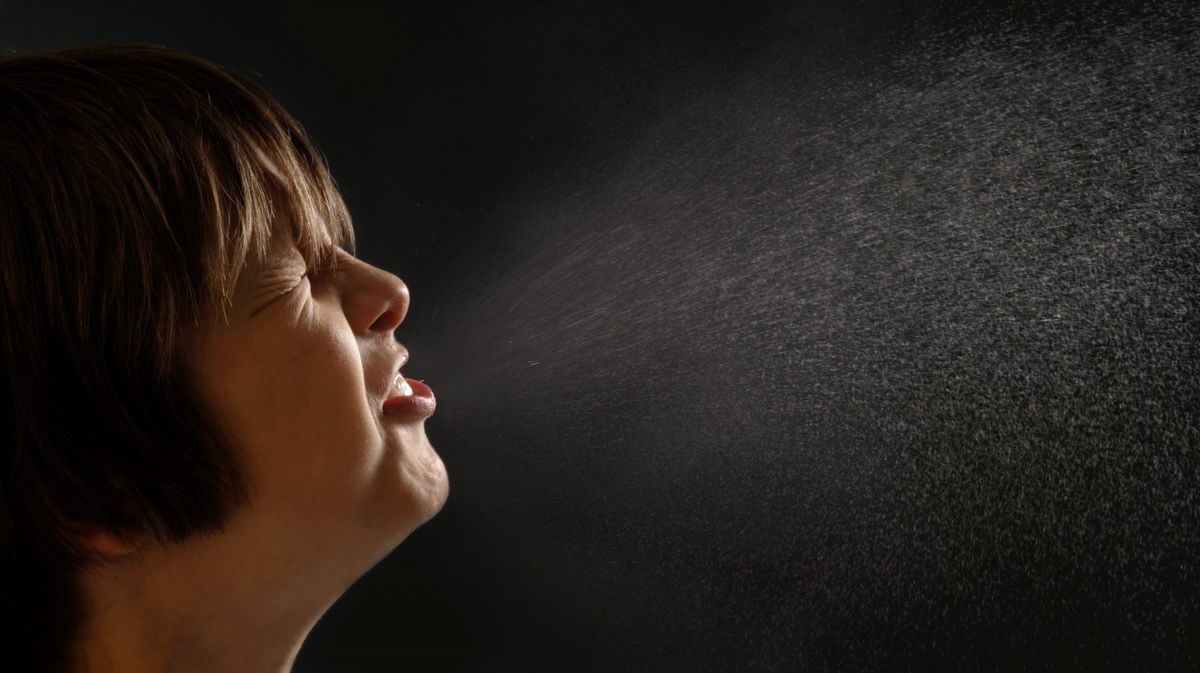
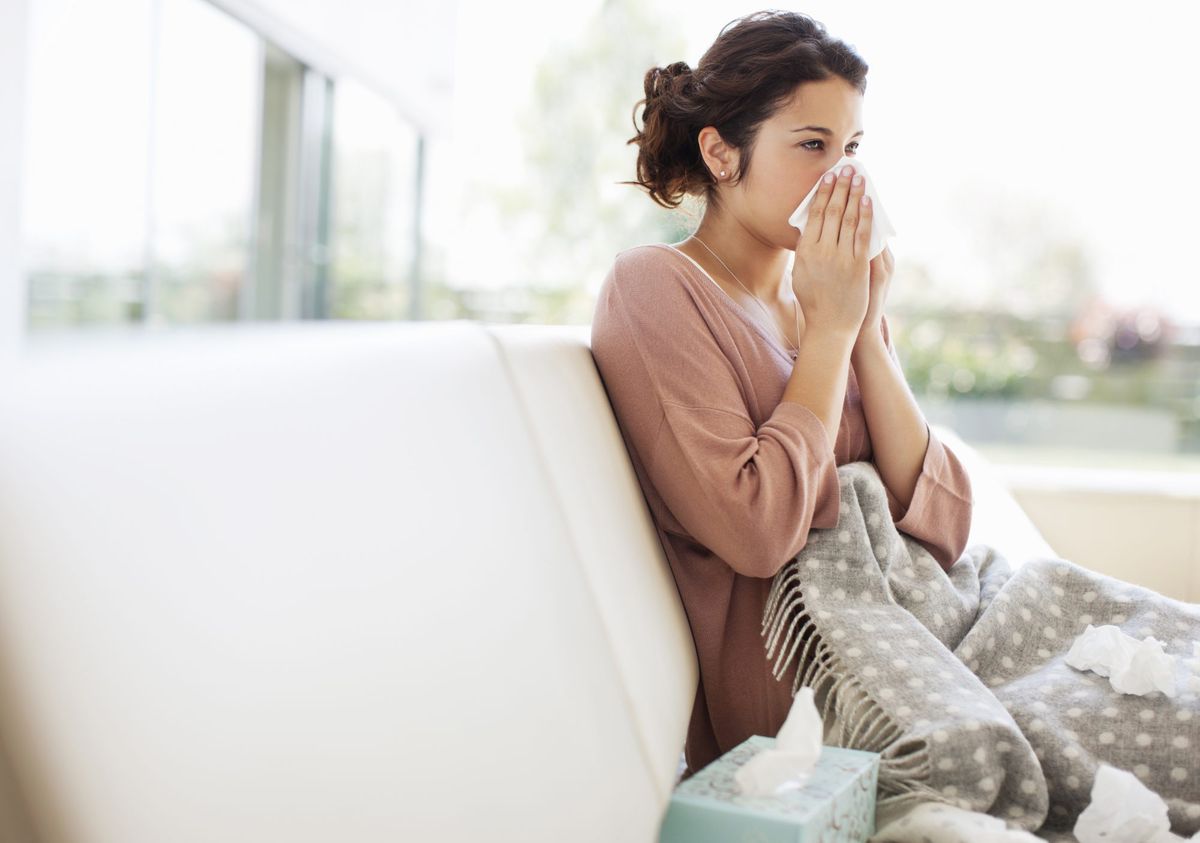

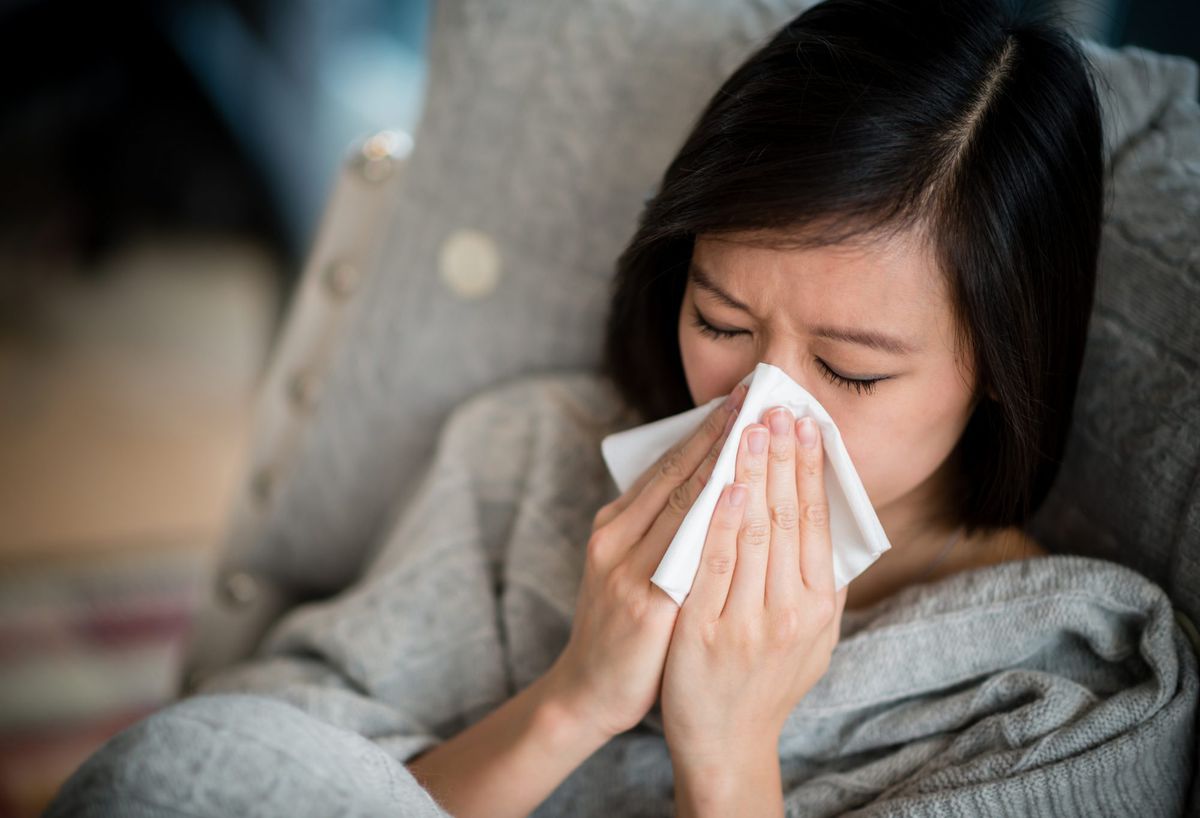


No comments:
Post a Comment